I was never passionate about learning history at school. Let’s be honest: History classes were pretty boring! Recently, however, I discovered that history is not just about dead people and wars of the past; it is the core knowledge that helps us better understand the world we live in now.
This October, unlearning my previous history lessons about Columbus Day and researching on my own about Indigenous peoples was a highlight of my daily to-do list.
I will be honest — I did not learn a lot about Indigenous people from school in Ukraine, where I am from. On top of that, I don’t remember most of what I learned from history classes, as they were all the same — the teacher lecturing from textbooks for hours on end!
For this reason, instead of enrolling in history classes at SCC and possibly learning from outdated materials, this year, I decided to attend an event at the Shared Space Foundation, The Heron’s Nest in West Seattle.
Having a chance to meet and connect with Indigenous communities, grappling with the complex “who, what, when, why” questions, and talking about the past and the future of the local community; this is how, in my opinion, our study of history must be adapted in the 21st century.
I am confident that acknowledging and educating yourself beyond the imperialist version of history, appreciating Indigenous cultures and traditions, helping your neighbor, and striving toward “piliriqatigiinniq” (from the Inuit language meaning “togetherness” or “working in a collaborative way for the common good”) is core to dismantling and unlearning imperialist thinking toward a better future.
The Heron’s Nest Project
In my opinion, the Heron’s Nest project is a role model for the Greater Seattle area’s revitalization. This shared space is developed by the community and for the community. The shared space is available for everyone in the community who wants to get together, learn, share and grow.
The Heron’s Nest is a nonprofit project that has been funded by the Shared Spaces Foundation since the summer of 2020.
Starting from a 3.5-acre parcel of land in a state of disrepair, today, the nonprofit has developed into a flourishing outdoor nonprofit shared space. A strong community is involved in creating safe shared spaces for the campgrounds, outdoor kitchens and classrooms, a recycling center, and a natural aquaculture pool.

The Heron’s Nest Project is created and driven by local individuals who actively engage in the community, aim to preserve the land for shared usage, and repatriate it to the dxʷdəwʔabš, Duwamish Tribe, the first people of the Seattle.
In the Seattle and King County areas, the Duwamish once inhabited around 50 villages. However, despite the land being named after Suquamish (suq̓ʷabš) and Duwamish Chief Si’ahl by Anglo-Saxon settlers in the 19th century, the tribe currently owns less than one acre of city land and has been unfairly stripped of their federal recognition.

The true success of today’s society is to appreciate and share the memory of the past since it helps us paint the pictures of where we stand today.
“Repatriating land to Indigenous people contributes towards the work of dismantling white supremacy, building restorative justice, and enabling tribal land sovereignty,” said Wyman Lee, the Board of Directors and Shared Spaces Foundations. “The Heron’s Nest will not only return the land to the Duwamish people but will also expand the Duwamish Tribe’s ability to an urban farm, grow native plants, and hold community events.”

Attending an event at The Heron’s Nest
On October 16, the first auction and fundraiser was hosted in West Seattle, the Heron’s Nest.
Strolling down the path to the Heron’s Nest, I was amazed by the surrounding nature and scenery of the space. The sounds of the wild birds and massive trees swaying in the wind made me feel so peaceful. I could not imagine someone would demolish this evergreen nature to construct skyrocketing townhouses.
Moreover, the event was free of charge! Indeed, every event conducted by the Heron’s Nest is open to everyone who wants to attend regardless of economic status. However, I want to emphasize that the Heron’s Nest is up and running thanks to the community donations and volunteers.
Additionally, everyone could participate and contribute through a silent auction, conveniently located in the greenhouse. Many art and households were displayed for attendees to assess, place bids on, and purchase.
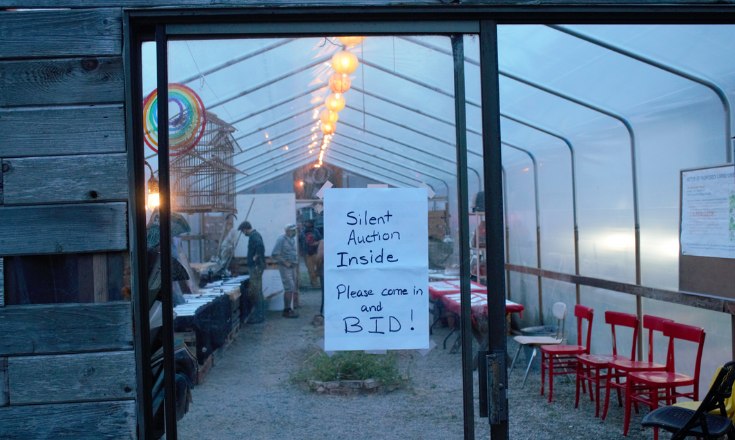
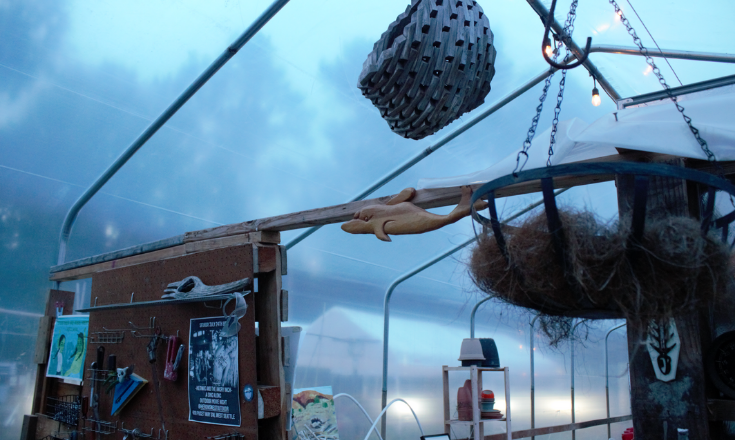
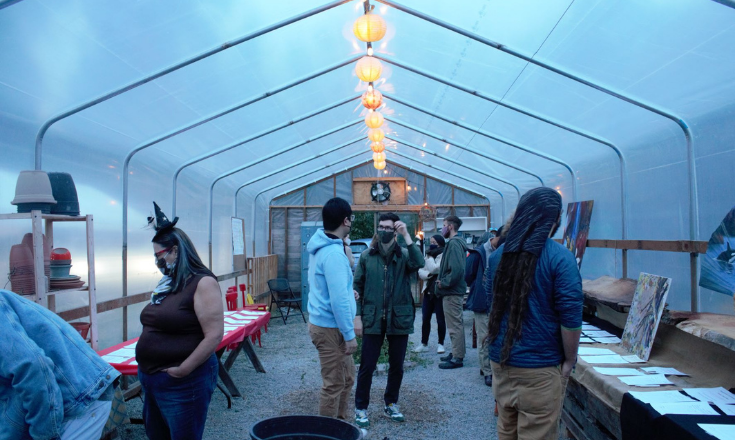
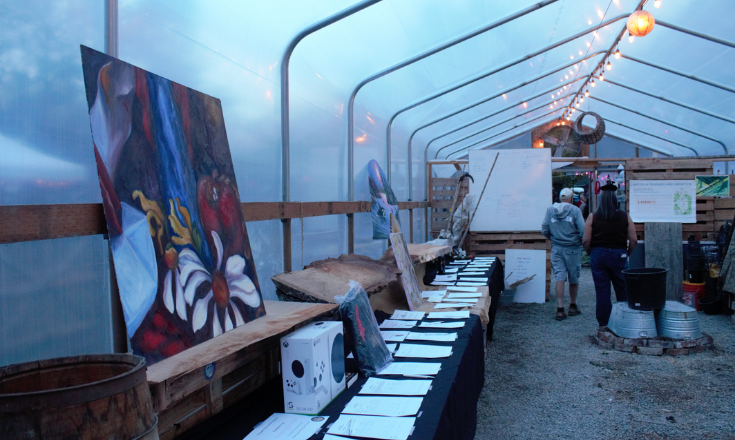
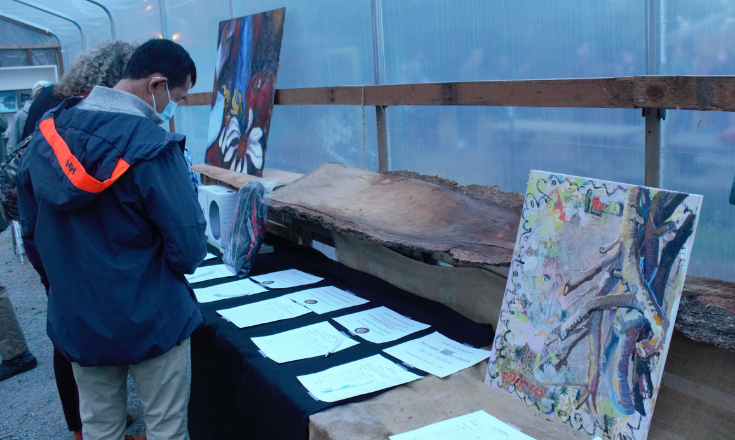
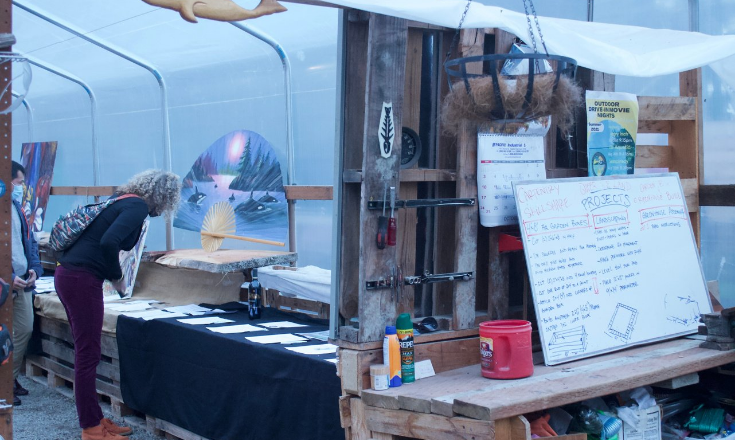
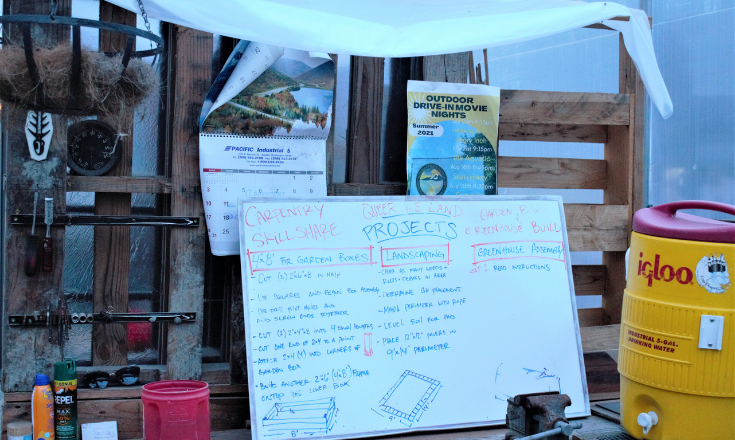
One of the most impressive moments throughout the event was a speech made by Ken Workman, great-great-great nephew of Kikisoblu (commonly known as Princess Angeline) and great-great-great-great-grandson of Chief Si’ahl.
Ken Workman welcomed attendees and shared gracious words:
When you hear me talk about Duwamish people, how we are a part of the environment here. All you have to do is to look around you at these trees. You will realize that the roots of these massive trees are going down to the very ground where my ancestors inhabited thousands of years ago. So you notice that my ancestors are around you, these trees are around you, the people living today are for you. I want to thank you for your work. Today all people here recognize the work you do; Duwamish people recognize the work you do. Thank you, thank you for the work you do here today.
Nikita Oliver, a community organizer, cultural worker, artist, attorney, and candidate for Seattle City Council Position 9, attended the event. “We will not stop the climate catastrophe; we will not build higher community,” she said to the crowd, “if we do not get rooted in our environment, climate, real history, stories of the people who have made best of the place where we live now.”
The evening on the Heron’s Nest land continued with live guitar music of Dan Wingard, delicious dinner meals, including vegetarian options, prepared by local food merchants.

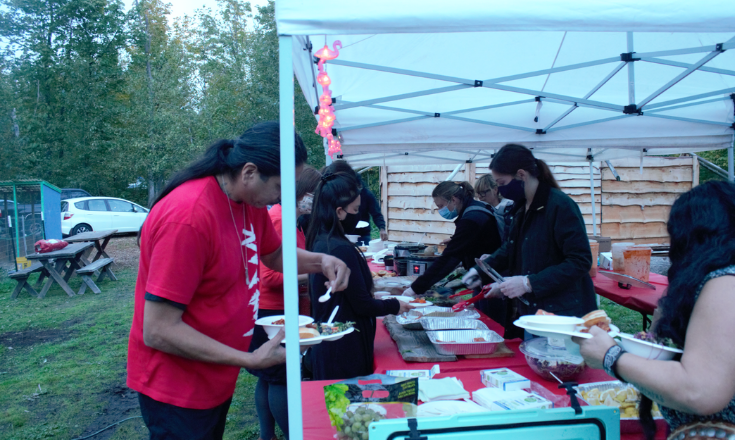
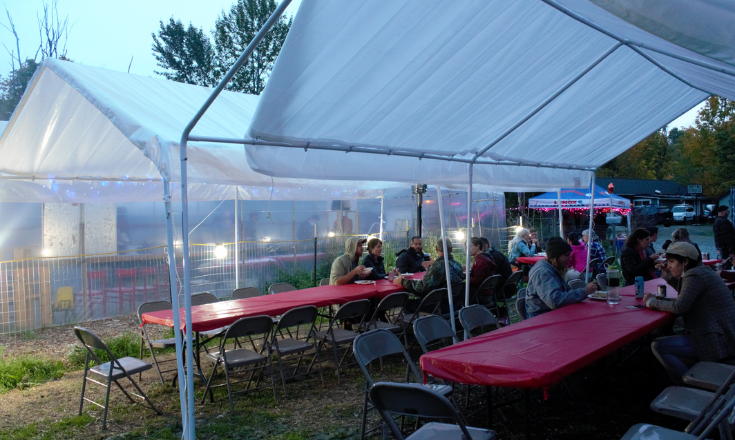
In addition, we watched a short documentary on a giant outdoor screen about environmental issues and solutions to them. The evening was summed up with a site-blessing ceremony.

New experiences and mindsets
I left the event with feelings of personal accomplishment, warm memories, and thinking in a new way I hadn’t before.
I realized that learning and understanding history should not be limited to our Zoom meetings or classrooms. The past and future should be learned and built-in engaging community spaces such as the Heron’s Nest
Donate and volunteer
If you feel like you want to volunteer, donate, or learn new green skills, please consider visiting the Heron’s Nest website and following their social media for upcoming events and studying workshops. The Heron’s Nest Project partners with the West Seattle Tool Library and Dirt Corps to help and empower underrepresented communities by increasing their access to green jo
Volunteering with the Heron’s Nest will better understand Indigenous cultures and issues and cultivate your art, building, sustainable farming, urban permaculture, and land design skills. Besides learning opportunities, you can have fun with friends by joining their outdoor drive-in movie nights!
In addition, consider learning more about Shared Spaces Foundation and their other projects as they strive to restore and develop countless opportunities for our community.
History is not always about the past. It starts today with you and your community. Support and join the Heron’s Nest community today.
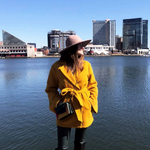
Veronika is a student from Seattle Central College, an International Student Ambassador, and a member of the Editorial Board of Seattle Collegian. She loves to cook Ukrainian dumplings, travel in the Pacific states, read E.Hemingway, listen to The Rolling Stones and Led Zeppelin. Veronika is pursuing her degree in web development. Her goal is to own her own business and financially contribute to Seattle Colleges Foundations to support low-income international students. While being a member of Seattle Collegian, Veronika is eager to share her own experience of living, visiting, working, and studying in foreign countries.

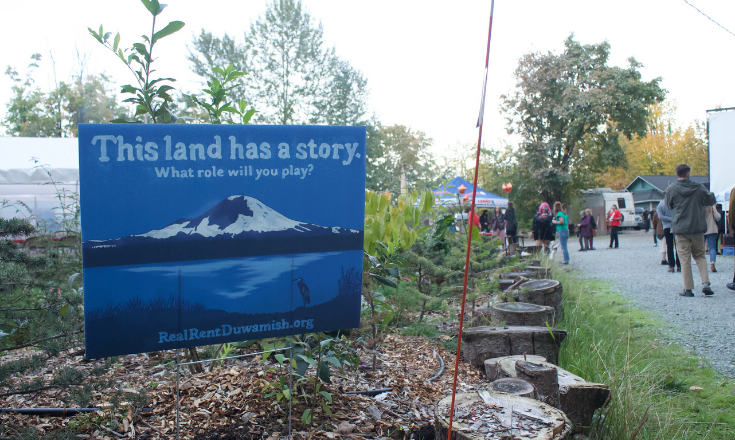
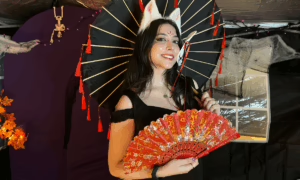
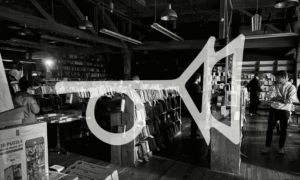
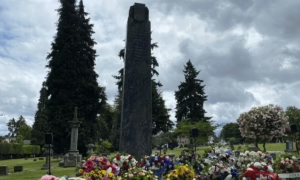
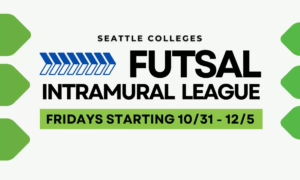
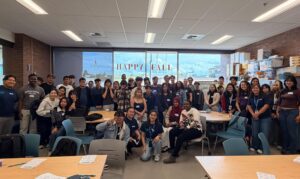
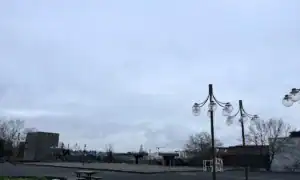
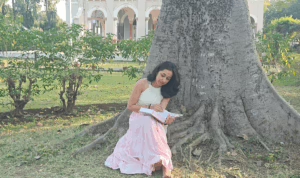
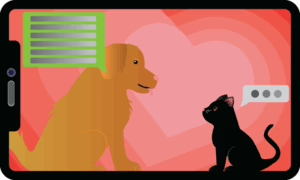
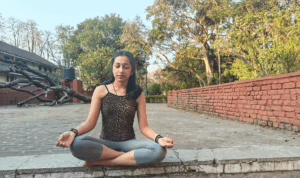
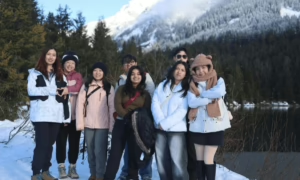
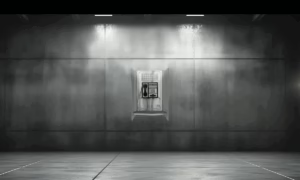
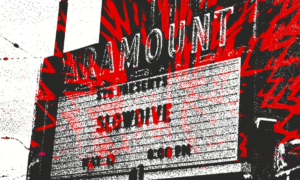

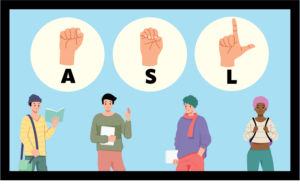
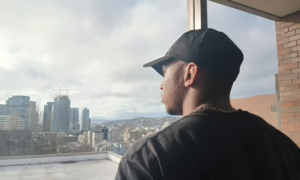
Be First to Comment